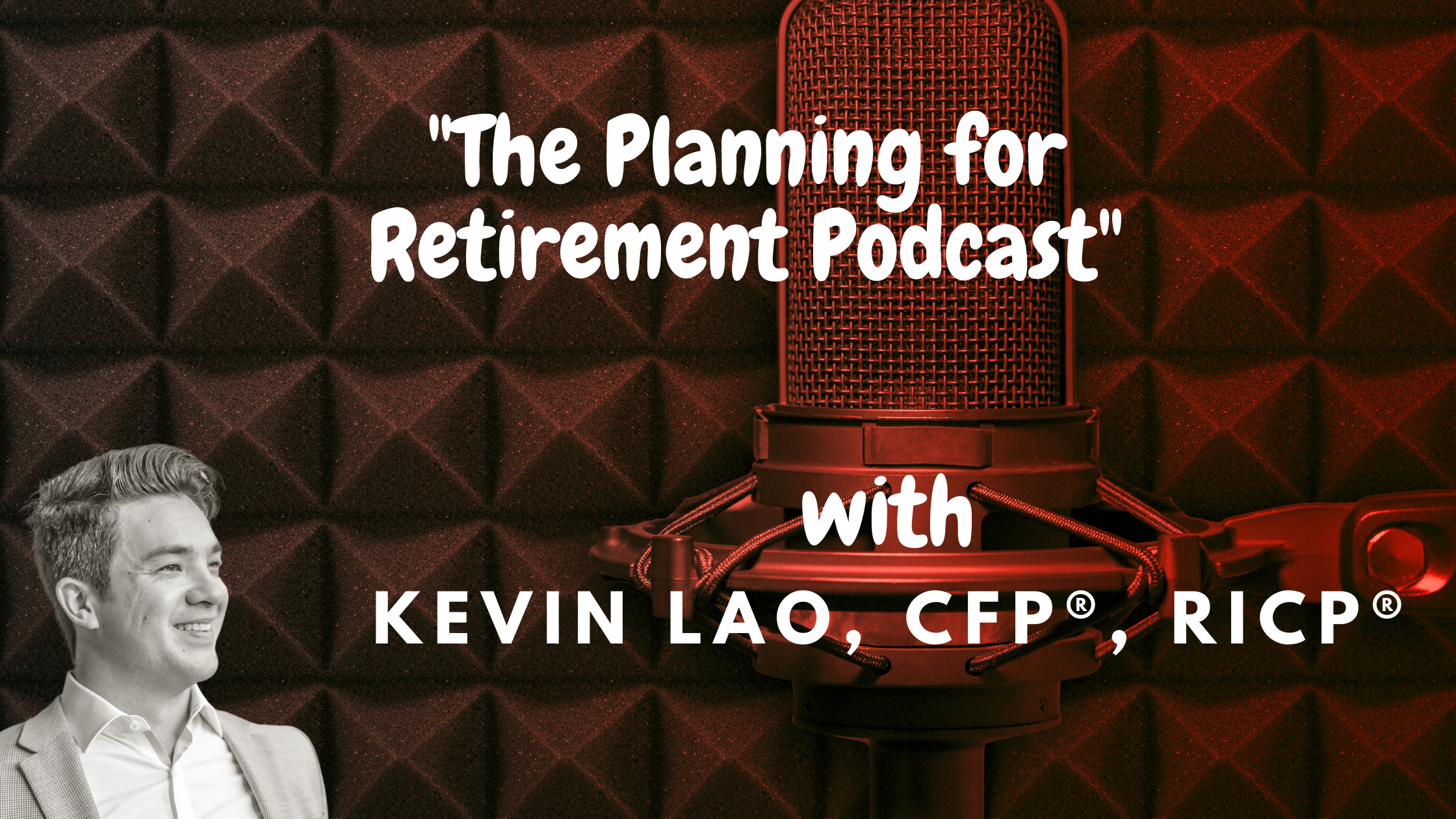Ep. 83: ‘Oversaved’ for Retirement? Here Are 6 Opportunities To Consider
Many of the individuals and families we serve end up “Oversaving” for retirement. If you are in that same situation (you overachieved 😊), you will want to listen to this episode to learn about 6 retirement planning opportunities to consider.
Takeaways:
- Many clients are overachievers who overfund their retirement.
- Financial planning is a continuous process, not a one-time event.
- Understanding the gap between current wealth and future goals is crucial.
- Retiring earlier than planned can be a viable option for overfunded individuals.
- Spending intentionally enhances the retirement experience.
- Taking on more or less investment risk is a personal choice for overfunded retirees.
- Gifting during one’s lifetime can create meaningful experiences for family.
- Legacy planning should involve thoughtful conversations about wealth transfer.
- The impact of inflation on perceived wealth is significant.
- Measuring progress against past achievements can improve financial mindset.
I hope you find this episode useful.
-Kevin
Are you interested in working with me 1 on 1?
Click this link to fill out our Retirement Readiness Questionnaire
Connect with me here:
- Facebook
Or, visit my website
This is for general education purposes only and should not be considered as tax, legal or investment advice.
June 24, 2025


